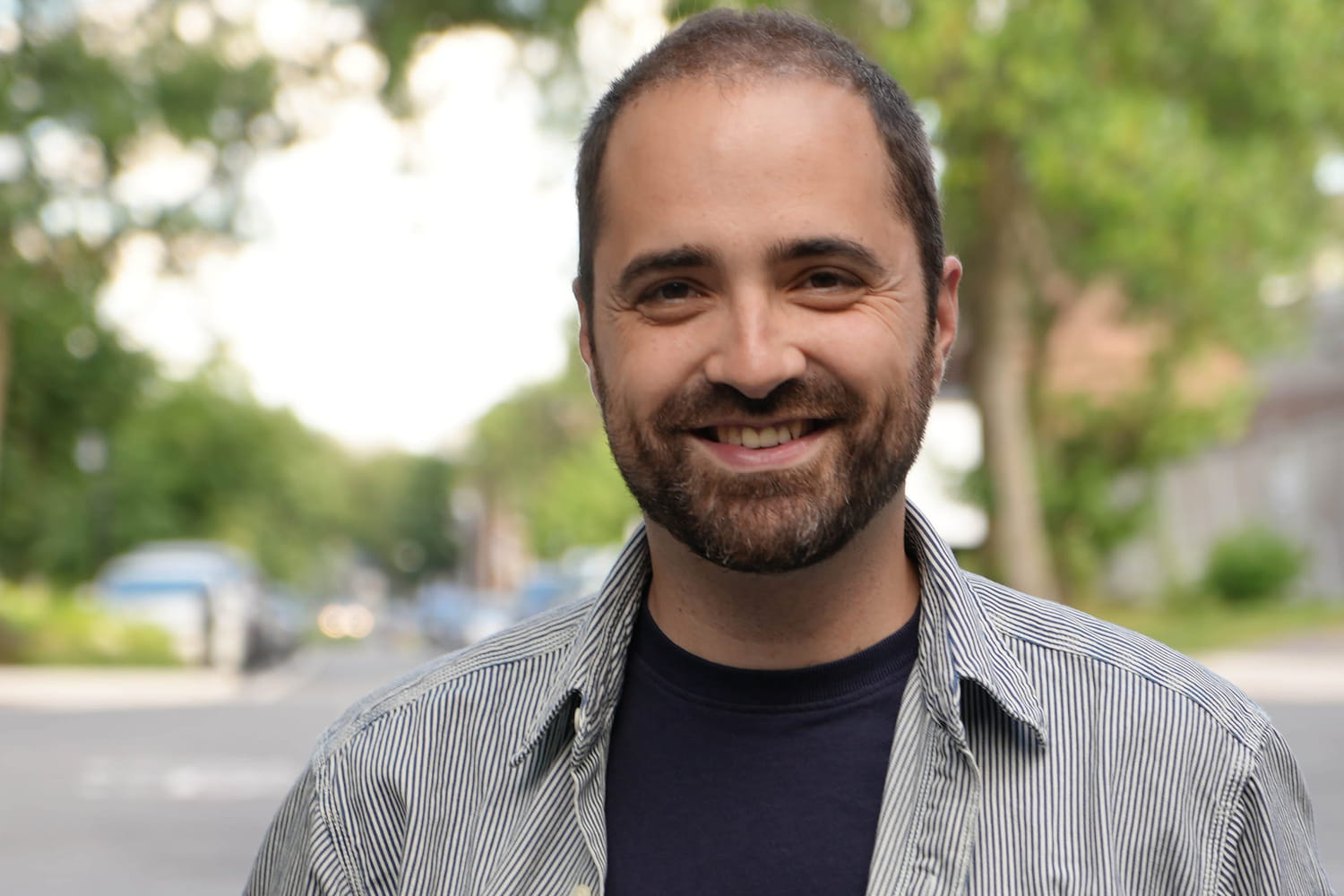Saverio Tomasella, psychoanalyst and author of the book “Small fears or big terrors” helps us to better understand the most frequent fears of children. Fear of loneliness, death, fear of black or monsters, anxiety of separation … His advice to reassure them.
(Update of July 25, 2022). “”Who has never been afraid? Every human being knows or has experienced fear“writes Saverio Tomasella in his book”Small fears or large terrors“, at Leduc editions. To reassure his child at each age, it is essential to understand the reasons for his fears, as he grows up. Here are the most frequent of them, but just as natural and legitimate.
Fear of loneliness
From the earliest childhood, fear appeared. In fact, babies fear the absence of their parents. “”They are afraid of being lost, of being alone, of being isolated and without recourse to survive when dad or mom moves away“Explains the specialist.
His advice: At this age, it is more body contact, the smell and warmth of the parent that reassures the child. He needs to feel that his parents are near him to calm down.
Fear of strangers
When a young child is in the presence of people who are not familiar to him, he is frightened and disturbed. “”Each child needs time to tame a new person, with a smell, a voice and a particular presence“, Specifies the psychoanalyst.
His advice: “”Let the child live his fear and express it. Accept that he may need to find himself alone, in his room, or even huddled against you … When everyone is gone, chat with him, tell him a story that takes up the same situation and tell him by growing up, he will be less afraid“.
The anxiety of separation
Around 8-9 monthsthe child is afraid of being separated from his parents, or even of being abandoned. This anxiety can sometimes last until the age of five. She will also arise from other key periods of life (especially at the time of her first return to kindergarten, where the child may wonder if her parents will come and get him well at the end of the day). “”It is a terror of disappearance. Growing up, the child realizes that he can lose his parents of sight, therefore losing them really or being lost for them, which also anxious“, Specifies the psychoanalyst.
His advice: Have fun hiding small toys, a blanket or part of the face, then making it reappear helps “play this fear of the disappearance in a fun way while dragging it“.
The fear of falling asleep and the fear of darkness
Around 2-3 years“The child fears to find himself alone. He wonders what his parents and siblings will do when he is sleeping“. Moreover, “The dark represents the unknown, the elusive and the incomprehensible for a child“. He is therefore afraid of losing his bearings and not mastering the situation, explains the specialist.
His advice: “”Rather than repeating to him in a rational and authoritarian way that he has no reason to be afraid of darkness, parents have every interest in consoing him, reassuring him and helping him tame the darkness“, Recommends Saverio Tomasella. Keeps and pocket lamps are also useful for reassuring the child, until he no longer needs it and turns off them …
Fear of monsters
Around 4-5 years oldmonsters, witches, ghosts, and wolves Garou seem to populate the children’s room, terrorized at the idea of going to bed.
His advice: “”We must not focus too much on the fear of the child, so that it passes more quickly by itself “. However, it is essential to listen and why not, to question the child. “”What does this monster look like? What colors are his eyes?“… By staying in the imagination and creating a story, it allows the child to realize that it is not a question of reality.
School -related fears
From the age of 3at the entrance to kindergarten, the child is asking a multitude of questions: “How will I manage? Will I be up to it and capable of doing what I am going to ask me? Will my parents come back to get me? What if I didn’t make friends?“. For each return to a different school (in primary, college, high school or in the event of a move), this completely natural apprehension is reactive. However, some children can feel this fear as soon as they have experienced, depending on the degree of intensity, significant events such as mockery or harassment.
His advice: “”For his first return to kindergarten, I advise parents to take the time to accompany their child and to wear it if it feels the need, especially during the adaptation period. This is common sense: an almighty is reassured by touch, contact, smell and intonation of the voice. Each child is different, so it is necessary Stay attentive to his needs to better help him cross this milestone. ”
Fear of death
This fear appears around the age of three and continues at any age. Children quickly realize that they are not immortal. They may have lost a small animal for example or have heard adults talk about a family member. Therefore, they are first afraid of losing their parents or sisters, or to die themselves. Once again, the fear of being alone, of being lost or abandoned re -emerges.
His advice: “”The death of a close person can become an opportunity to speak with the child of his ideas or his beliefs concerning the beyond, without imposing his conceptions and letting the child express his own intuitions, his sensitivity, his imagination on this subject“.
What attitudes have to reassure your child?
In general, it is essential that parents are listening to their child, whatever their fear. You have to let him speak, speak to him and observe him without judging him, so as to create a climate of confidence so that he confides in what bothers him. If the child fails to put words on his fears, offer him to do a drawing, a modeling, to participate in theater or dance lessons … “Body expression is welcome to express your emotions and free yourself from your fears, just like artistic creativity“, Specifies the author.








